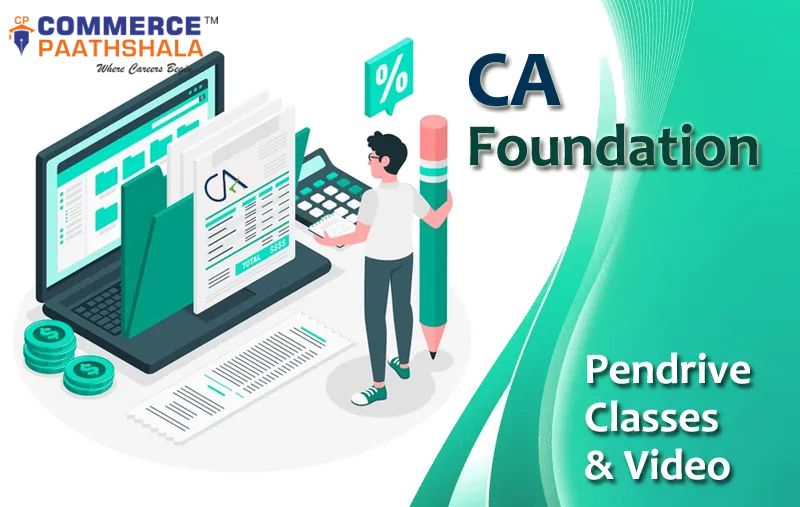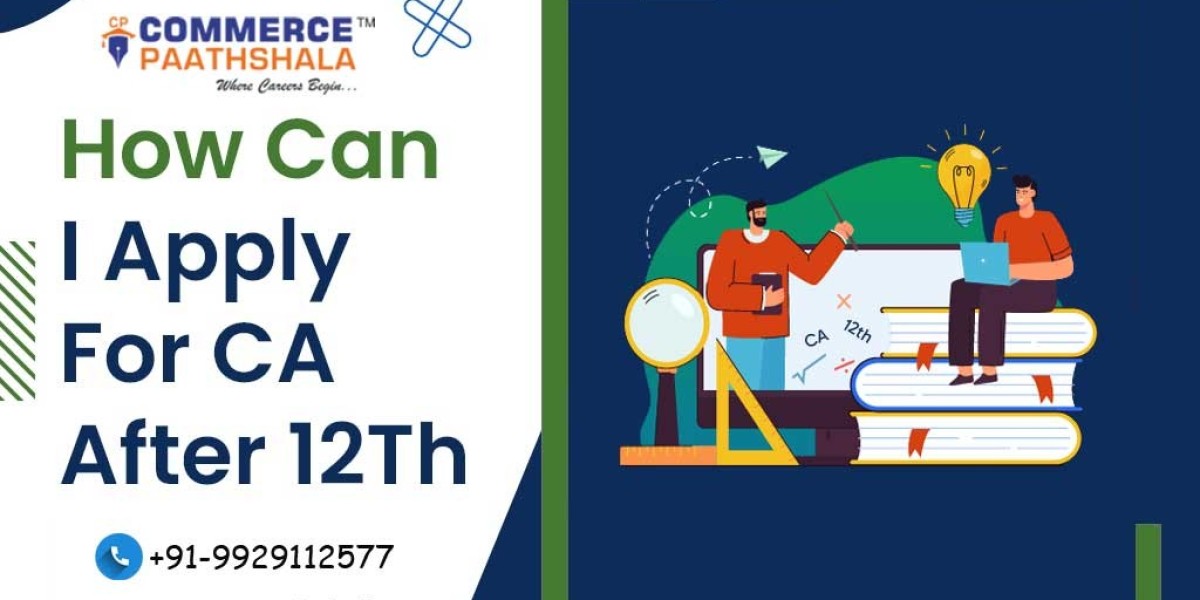CA (Chartered Accountancy) is one of the most sought-after professional courses in India, offering lucrative job opportunities and extensive possibilities for career growth. If you're considering applying for CA after completing your 12th-grade education, it might initially seem intimidating due to questions about eligibility criteria, entrance exams, and study materials. This guide will walk you through everything you need to know about applying for CA Foundation after the 12th.
What Is CA?

Chartered Accountancy (CA) is a professional course that prepares individuals for careers in finance, accounting, and taxation. The Institute of Chartered Accountants of India (ICAI) offers this course, which consists of three stages: Foundation, Intermediate, and Final. Upon successfully completing the course and passing the required exams, individuals become Chartered Accountants and can pursue various career paths in finance and accounting.
Pros and Cons of Becoming a Chartered Accountant:
Pros:
Improved financial literacy, as accountants can better understand complex financial statements and provide advice on investment decisions.
Greater opportunities for career growth, as accountancy is one of the most respected professional disciplines.
Enhanced reputation and credibility, as certified accountants are known to be reliable and efficient professionals.
Cons:
High fees, which can make it relatively expensive to become certified.
Limited availability of jobs in this profession due to fierce competition.
The minimum duration of the CA course after the 12th is 4.5 years, assuming the student passes all levels of the CA exam on the first attempt.
The Foundation level is a 4-month program, after which students can register for the Intermediate level.
The minimum duration for completing the Intermediate level is 8 months, but students can take up to 4 years to complete this level.
The minimum duration for completing the CA Final level is 3 years, but students can take up to 6 years to complete this level.
The CA course after the 12th can take a minimum of 4.5 years and a maximum of 10 years to complete.
CA Course Subjects and Syllabus:
The CA course typically includes the following subjects:
Financial Accounting
Auditing
Asset and Liability Management
Business Analysis
Computer Applications in Accounting
CA Foundation:
The CA Foundation course is the initial level of the Chartered Accountancy (CA) course in India. It includes the following subjects and syllabus:
Principles and Practices of Accounting
Business Laws and Business Correspondence and Reporting
Business Mathematics, Logical Reasoning, and Statistics
Business Economics and Business and Commercial Knowledge
CA Intermediate:
CA Intermediate is the second level of the Chartered Accountancy course. It comprises two groups, each with four subjects:
Group I:
Accounting
Corporate and Other Laws
Cost and Management Accounting
Taxation
Group II:
Advanced Accounting
Strategic Management and Enterprise Information Systems
Auditing and Assurance
Economics for Finance and Financial Management
CA Final:
The Chartered Accountancy (CA) final course is the last stage of the CA program and consists of two groups, each with four papers:
Group 1:
Financial Reporting
Strategic Financial Management
Advanced Auditing and Professional Ethics
Corporate and Economic Laws
Group 2:
Strategic Cost Management and Performance Evaluation
Elective Paper (One out of six options: Risk Management, Economic Laws, International Taxation, Financial Services and Capital Markets, Multidisciplinary Case Study, Global Financial Reporting Standards)







